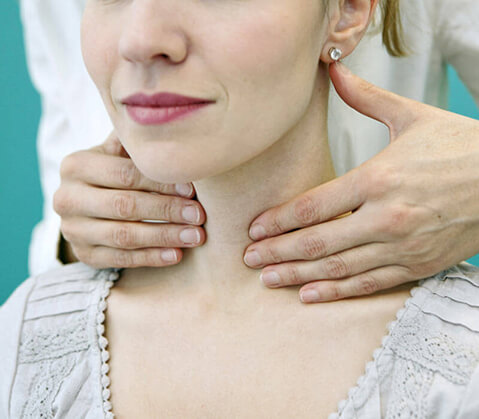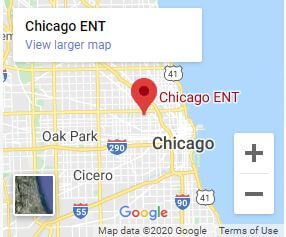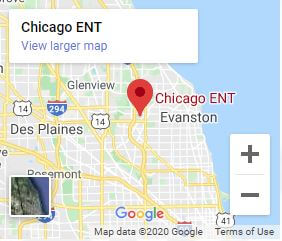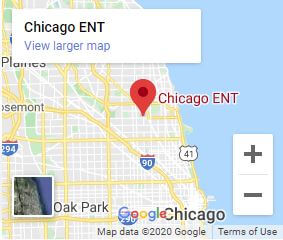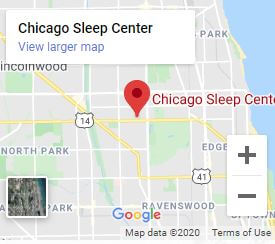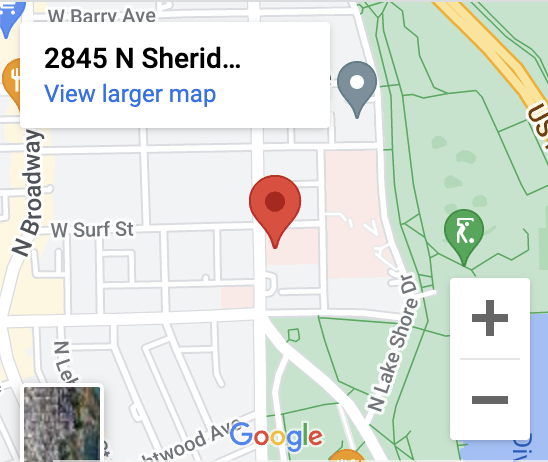Fast Facts:
- Allergies are the 6th leading cause of chronic illness in the U.S. with an annual cost in excess of $18 billion.
- In a U.S. survey, more than half (54.6 percent) of the people reported indicated that they had positive reactions to one or more allergens.
Q&A with Dr. Ayesha Siddiqi, Allergist at Chicago ENT
BJ: I want to talk with you a bit today about itching. I’ve had a recent bout of itchy skin for the last few weeks and it can be maddening! I don’t know what is causing it. Is it a common problem?
AS: I see at least three to four patients every day with itching. It can be a symptom all by itself, or it can be accompanied by a rash. The rash could be one of many forms of rashes such as hives, eczema, contact dermatitis. So, if there’s a rash present, the first order of business is to determine what kind of rash it is. If the itching is present without a rash, then it’s just called pruritis. Pruritis is also seen to occur commonly in temperature extremes, both hot and cold.
BJ: For itching without rash, what is the treatment?
AS: Antihistamines can help, but most times before I prescribe a certain treatment, we’ll run a blood test to see if there is something more sinister going on. There are some systemic conditions that can cause non-specific itching and hives (urticaria) such as thyroid disease, hepatitis, and even parasitic infections.
BJ: If it is a histamine issue, are some people simply more sensitive to histamine than others?
AS: I wouldn’t say exactly that. Someone might get a mosquito bite and get a huge reaction. So they might say, “Oh, I’m so sensitive to mosquito bites!” But the elevated response probably means already have a high level of histamine in their bodies, and that high histamine level could be caused by environmental allergens that they are unaware of. They could be allergic to pollen, dust, or even their pet, but it’s undiagnosed.
Another condition that causes high histamine in the blood is mastocytosis. Mast cells release histamine and other substances during inflammatory and allergic reactions. With mastocytosis, these mast cells abnormally accumulate in the skin and/or internal organs such as the liver, spleen, bone marrow, and small intestines. Mastocytosis can run in families and can be confirmed by a skin biopsy or blood test.
BJ: Histamine is also present in foods, correct? Do you encourage patients to follow a low-histamine diet?
AS: Not everyone needs to go on a histamine restrictive diet, but it can certainly help some patients. I’ve been seeing a trend in this health-conscious society where people are eating a lot of foods such as smoothies with citrus fruit, berries, and cherries, which actually trigger histamine release. High histamine foods include other popular items such as wine, yogurt, and avocados.
BJ: There are a lot of over-the-counter antihistamines available. Are there any that you’d recommend over another?
AS: The older generations of antihistamines such as Benadryl do work, but they can also make you drowsy. The newer, non-sedating drugs like Claritin, Zyrtec, Allegra, and others are preferred. However, if you rely on an over-the-counter for ongoing relief from itching or hives, you should get yourself checked out to determine the actual cause of your symptoms, and we can more accurately and effectively treat your particular condition.
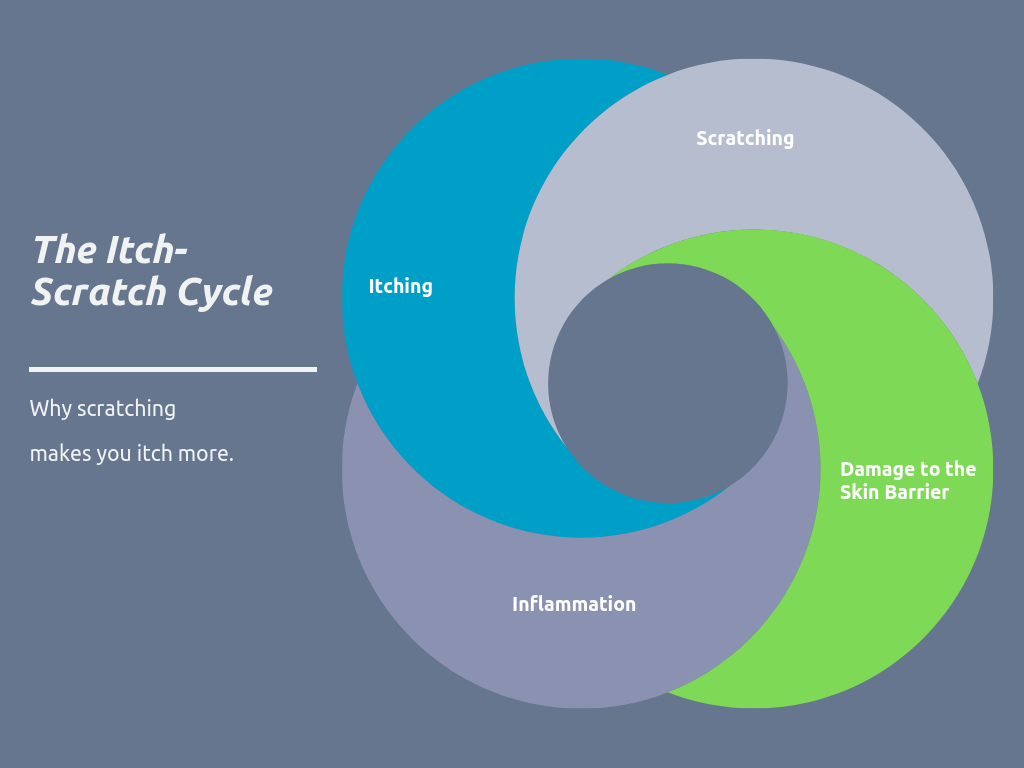
BJ: Let’s get back to the itching, which can be terribly unpleasant and disruptive. Are there any topical products that can offer immediate relief?
AS: Yes. There are a variety of topicals products, such as calamine lotion or hydrocortisone cream. A cold compress or ice pack can also stave off the itching. It’s difficult yet important to avoid scratching. Scratching causes additional inflammation, which in turn, heightens the itch response. It’s called the itch-scratch cycle.
BJ: What would you say is the tipping point when one should see an allergist?
AS: If symptoms don’t resolve within a week or two, or if they return when you stop using an over-the-counter medication, it’s time to see a doctor.
To schedule an appointment, call 773-296-5500.





